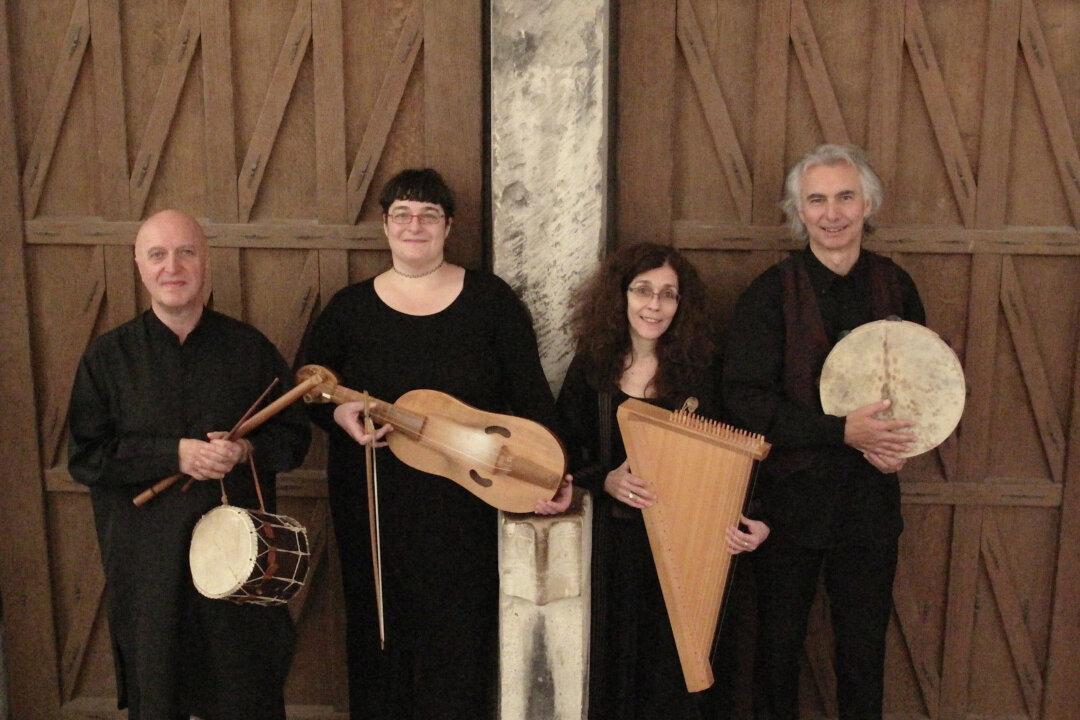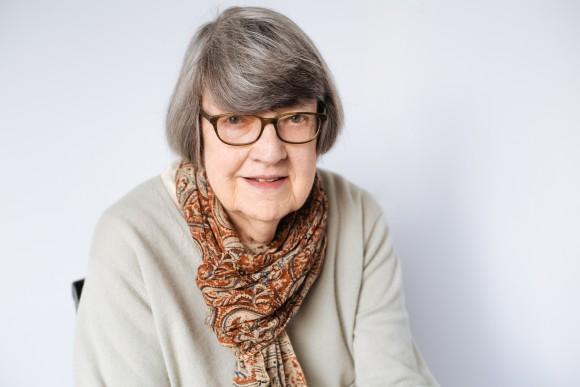NEW YORK—Early music is a bit like musical archaeology: uncovering dusty Bach scores forgotten on the shelves, unearthing tomes of music scores untouched for centuries and buried in library archives.
“I am always thinking about it,” said Louise Basbas, director of the concert series Music Before 1800 (MB1800) at the Corpus Christi Church in Manhattan. She is always looking for interesting artists who are pioneering new repertoire.







